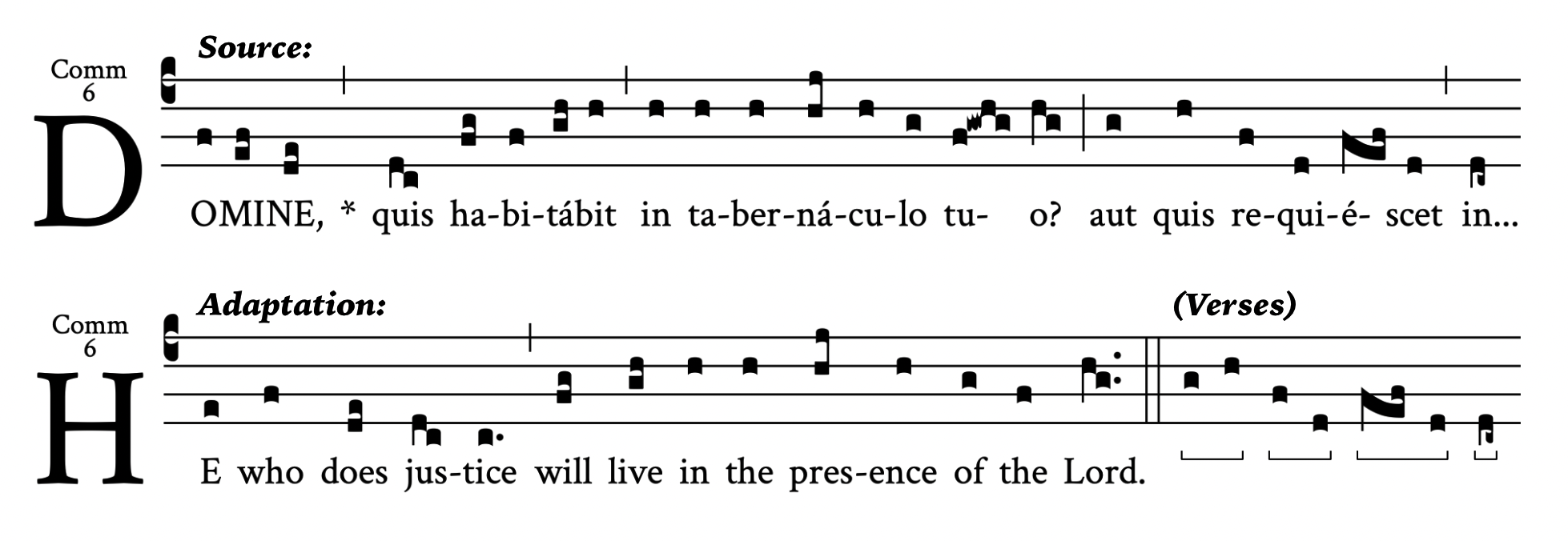He who does justice…
…will live in the presence of the Lord.
These are the words that answer the question: “Lord, who shall dwell in Thy tabernacle? or who shall rest in Thy holy hill?”
Psalm 15 begins with this probing question (in other words: who will be with you in heaven?) and then proceeds to instruct us:
One who walks blamelessly and does justice
One who thinks the truth in his heart
People who do not slander
Those who do not harm their fellow man
Those who do not aggrieve their neighbor
Those who are despised by the world (reprobate)
Those who honor and fear the Lord
Those who lend money fairly and not by usury
Those who do not accept bribes
And if you do these things? Your soul shall be at peace. You shall “never be disturbed”, David teaches us.
Suddenly, we realize that the bar to enter heaven is higher than many would have you believe. “Loving Jesus” is not enough; one must live out that love in a real and corporeal way.
One interesting way to read this passage is in reverse. It would go something like this:
Q: “Lord, who shall be damned?” A: those who are unjust, who proffer lies, who slander, who harm their fellow man and aggrieve those around them, those who are lauded by the world, who have no honor for, nor fear of the Lord, those who extort when they lend, and who take bribes against others.”
Tack onto David’s list St. Paul’s famous diatribe in 1 Cor. 6:9-11:
“Or do you not know that wrongdoers will not inherit the kingdom of God? Do not be deceived: Neither the sexually immoral nor idolaters nor adulterers nor men who have sex with men nor thieves nor the greedy nor drunkards nor slanderers nor swindlers will inherit the kingdom of God. And that is what some of you were. But you were washed, you were sanctified, you were justified in the name of the Lord Jesus Christ and by the Spirit of our God.”
Suddenly, we realize that the bar to enter heaven is higher than many would have you believe. “Loving Jesus” is not enough; one must live out that love in a real and corporeal way.
Now we come to the purpose of this week’s blog: to share with you a new setting of Psalm 15 which is based upon the ancient Gregorian melody of the original:
The original chant sets verse 1 properly, ie– it poses the question that the psalm refrain prescribed in the lectionary answers.
You can preview the entire work below (there are two renditions: the first has the verses sung SATB in ‘anglican chant’ style, and the second is melody only / solo cantor style) and you can click here to purchase the arrangement.
Cover image: “Le Bon Samaritan” by Aimé Morot.

